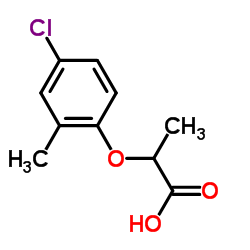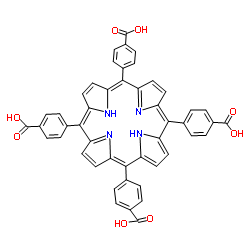| Structure | Name/CAS No. | Articles |
|---|---|---|
 |
mecoprop
CAS:7085-19-0 |
|
 |
Tetrakis (4-carboxyphenyl) porphyrin
CAS:14609-54-2 |
|
 |
mecoprop-p
CAS:16484-77-8 |